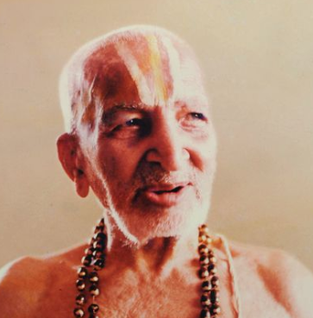Цитата Ади Да
Исключение истинной эзотерической религии было делом государства с древних времен. Сначала это делалось путем установления народного идеализма экзотерических религиозных институтов в союзе с государством. Но в наше время тот же процесс осуществляется путем стратегического исключения традиционного религиозного культизма, мистического идеализма и высшей эволюционной Мудрости из механизмов массовой культуры.
Темы цитат
Древние
Древние времена
Был
бизнес
Традиционная
культура
Готово
Эзотерический
истеблишмент
Эволюционное
исключение
Первый
Высший
идеализм
Институты
Лига
Механизмы
Современное
Новое время
Мистический
Популярный
культурный
процесс
Религия
Религиозный
То же самое,
что и
государство
Стратегические
времена
Правда
через
мудрость
Связанные цитаты
Великие решения правительства не могут быть продиктованы интересами религиозных фракций. Нам удалось на протяжении 205 лет отделять государственные дела от бескомпромиссного идеализма религиозных групп, и мы не должны останавливаться сейчас. Отступление от этого разделения значило бы нарушить принципы консерватизма и ценности, на которых основатели построили эту демократическую республику.
Сегодня суды ошибочно истолковывают разделение церкви и государства как означающее, что религии нет места на общественной арене или что мораль, вытекающая из религии, не должна допускать формирования наших законов. Каким-то образом свобода религиозного самовыражения стала свободой от религиозного самовыражения. Секуляристы хотят очистить общественное пространство от религии и основанной на религии морали, чтобы они могли монополизировать общее пространство общества своими собственными взглядами. В процессе они превратили верующих в граждан второго сорта.
Отделение церкви от государства необходимо отчасти потому, что если религия хороша, то государство не должно вмешиваться в религиозное видение или в религиозного пророка. Должна быть сфера истины вне политической компетенции, вот почему должно быть разделение церквей, но если религия плоха, то плохая религия — это та, которая придает окончательную святость какому-то конкретному делу. Тогда религия не должна вмешиваться в дела государства — поэтому один из основных демократических принципов, как мы его знаем в Америке, — это отделение церкви от государства.
Я думаю, что структуры исключения более систематически выстраиваются, например, в американском обществе, так что молодые девушки, интересующиеся наукой, со временем теряют уверенность в себе. Структуры исключения работают против них. У нас в Индии есть и другие структуры отчуждения, но не вокруг современных научных знаний.
Там, где ислам является религией большинства, он не признает религиозную свободу, по крайней мере, в нашем понимании. Ислам – это другая культура. Это не означает, что это низшая культура, но это культура, которая еще не соединилась с положительными сторонами нашей современной западной культуры: религиозной свободой, правами человека и равными правами для женщин.
Религиозные институты, которые используют государственную власть для собственной поддержки и навязывают свои взгляды людям другой веры или неверующим, подрывают все наши гражданские права. Более того, государственная поддержка устоявшейся религии делает духовенство невосприимчивым к своему народу и ведет к коррупции внутри самой религии. Поэтому возведение «стены разделения между церковью и государством» абсолютно необходимо в свободном обществе.
Это правда, что традиционное христианство теряет часть своей привлекательности среди американцев, но это религиозный, а не политический вопрос. Стоит помнить, что джефферсоновская «разделительная стена» между церковью и государством всегда предназначалась для защиты церкви от государства в той же мере, в какой государство от церкви.
Религия важна для человечества, но она должна развиваться вместе с человечеством. Первоочередной задачей является установление и развитие принципа плюрализма во всех религиозных традициях. Если мы, религиозные лидеры, будем культивировать искренний плюралистический настрой, тогда все будет проще. Хорошо, что большинство религиозных лидеров, по крайней мере, начинают признавать другие традиции, даже если они не одобряют их. Следующий шаг — признать, что идея пропаганды религии устарела. Это уже не соответствует времени.





































